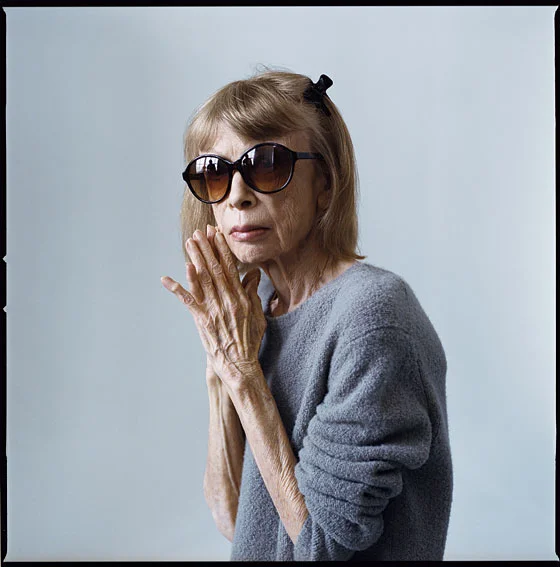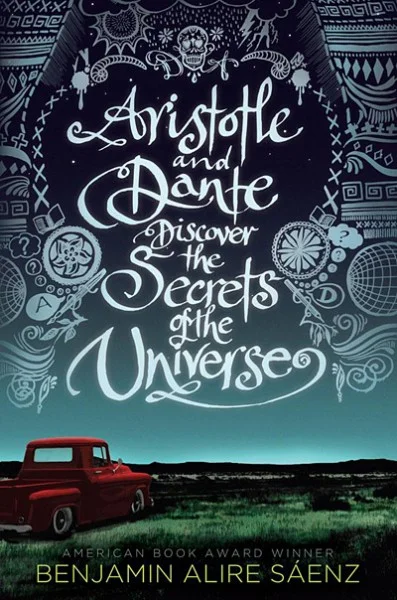I was fifteen when I first heard of Joan Didion. An older friend of mine, who was a comparative literature major, told me that if I was a young woman and wanted to write, I had to read Didion and handed me a copy of her first novel, Run River. Didion's writing is spare, its tone flat on the surface but hiding a roiling current just beneath. It's iridescent, almost painfully so—the reservedness of her words highlights the gleaming reflections in the scenes she writes.
Didion in her office. Image via Bust.
Didion is one of the most stylish writers of the contemporary era (did you catch her in Celine's SS '15 ad campaign?). Her essay collection The White Album sums up her louche, functional, and intellectual brand of cool in the list that Didion kept taped to her closet door so that she could pack at a moment's notice.
Didion today. Image via New York Magazine.
Let Didion's functional, chic 60's style or her more minimalist style of today guide your own sartorial choices for your next reporting gig in the Golden Land—or just take it for a spin along the endless California highways.
Thumbnail image via Jill Krementz.






